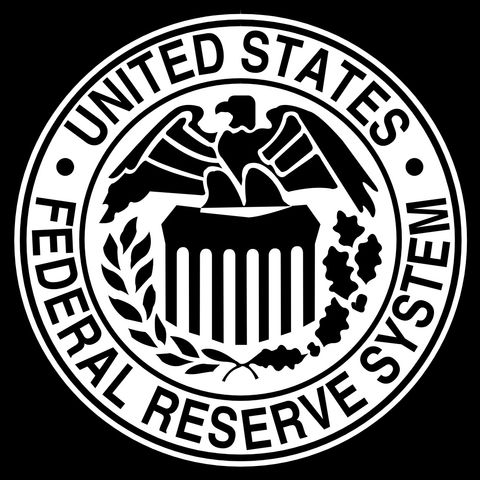
Contatti
Info
According to data from Forbes, more billionaires made their wealth through real estate investments than any other category--by far. The combination of a consistent cash stream, capital appreciation, and tax...
mostra di piùReal estate investing is an exciting way to make money. It's a great option, but it requires planning and patience.
Visit our Patreon to view & access other podcast episodes & videos: https://www.patreon.com/cooponomics

Knowing the Ledger: The Power of Bookkeeping Entries
Knowing the Ledger: The Power of Bookkeeping Entries
Tanen AndrewsAccording to data from Forbes, more billionaires made their wealth through real estate investments than any other category--by far. The combination of a consistent cash stream, capital appreciation, and tax...
mostra di piùReal estate investing is an exciting way to make money. It's a great option, but it requires planning and patience.
Visit our Patreon to view & access other podcast episodes & videos: https://www.patreon.com/cooponomics
Informazioni
| Autore | Tanen Andrews |
| Organizzazione | Tanen Andrews |
| Categorie | Economia |
| Sito | www.ccg.coop |
| support@ccg.coop |
Copyright 2024 - Spreaker Inc. an iHeartMedia Company
